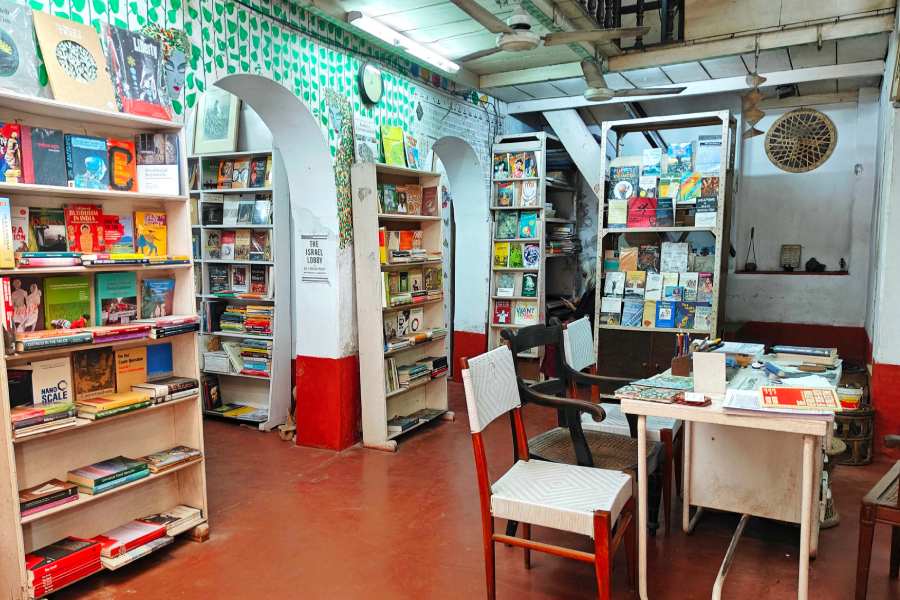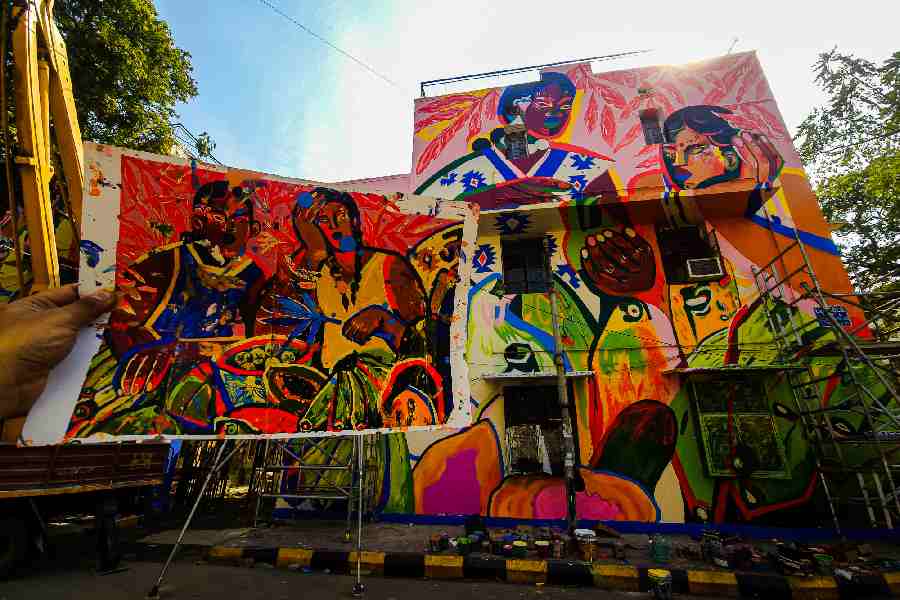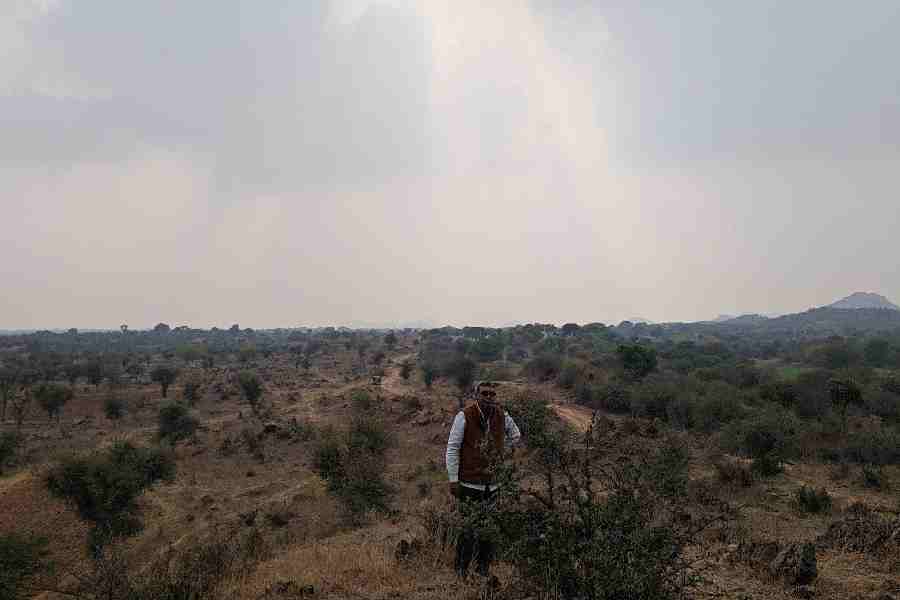 Thursday, 26 February 2026
Thursday, 26 February 2026
 Thursday, 26 February 2026
Thursday, 26 February 2026
Thousands of mourners lined the streets of downtown Tehran on Saturday for the funeral of the head of the Revolutionary Guard and other top commanders and nuclear scientists killed during a 12-day war with Israel.
The caskets of Guard's chief Gen. Hossein Salami, the head of the Guard's ballistic missile programme, Gen. Amir Ali Hajizadeh and others were driven on trucks along the capital's Azadi Street.
Salami and Hajizadeh were both killed on the first day of the war, June 13, as Israel launched a war it said meant to destroy Iran's nuclear programme, specifically targeting military commanders, scientists and nuclear facilities.
Over 12 days before a ceasefire was declared on Tuesday, Israel claimed it killed around 30 Iranian commanders and 11 nuclear scientists, while hitting eight nuclear-related facilities and more than 720 military infrastructure sites.
More than 1,000 people were killed, including at least 417 civilians, according to the Washington-based Human Rights Activists group.
Iran fired more than 550 ballistic missiles at Israel, most of which were intercepted, but those that got through caused damage in many areas and killed 28 people.
Saturday's ceremonies were the first public funerals for top commanders since the ceasefire, and Iranian state television reported that they were for 60 people in total, including four women and four children.
Authorities closed government offices to allow public servants to attend the ceremonies.
Iran’s foreign minister, Abbas Araghchi, on Thursday, admitted that the country’s nuclear facilities had sustained “significant and serious damages” after the US launched airstrikes on three nuclear sites.
In an interview with Iran’s state television, Araghchi said that The Atomic Energy Organisation of Iran was still “surveilling the damages and losses”.
He added: “I have to say, the losses have not been small, and our facilities have been seriously damaged.”
This was Tehran's first official statement, which strayed from the narrative previously laid out by Iran's Supreme Leader, Ayatollah Ali Khamenei, in his first public statement since the US attack.
Khamenei claimed that the attacks on Iran’s nuclear facilities “were unable to do anything important”, dismissing President Donald Trump’s claims that the strikes “obliterated” the nuclear sites as “exaggerated”.
Iran has always insisted its nuclear programme is only for peaceful purposes. But Israel views it as an existential threat and said its military campaign was necessary to prevent Iran from building an atomic weapon.







